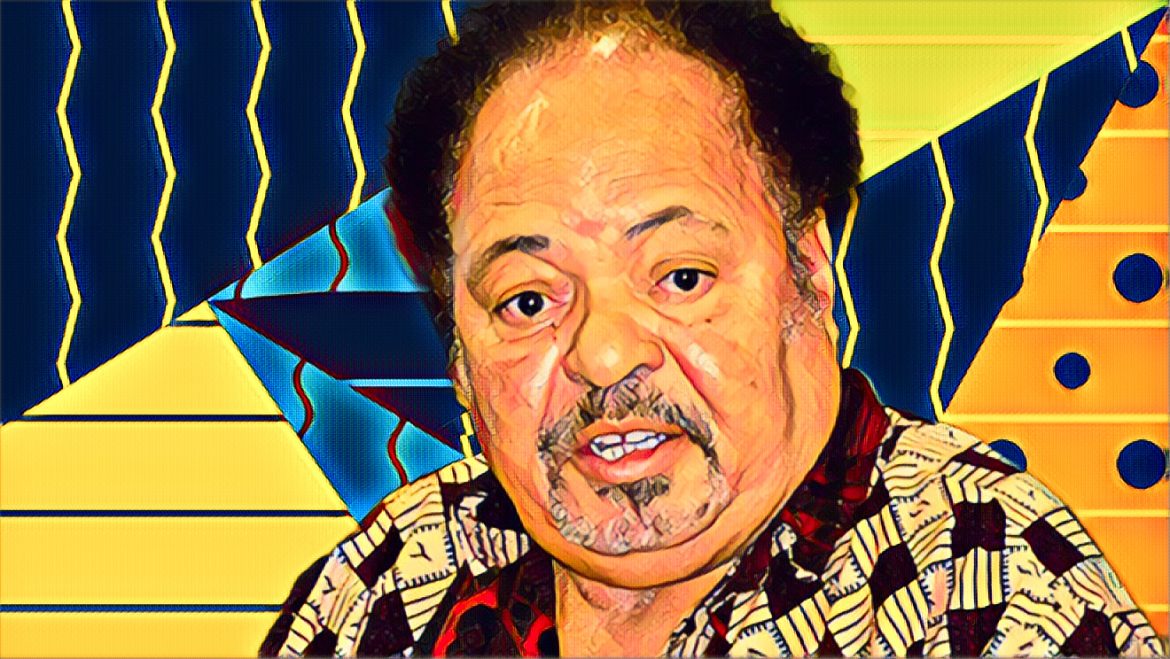Zimbabwe’s President Emmerson Mnangagwa has been accused of trying to postpone this year’s elections by two years and offer a power-sharing deal to his main rival, Nelson Chamisa, in a bid to avoid a messy and contested poll.
The allegation was made by Ibbo Mandaza, a political analyst and convener of the Sapes Trust, in an interview with Alpha Media Holdings chairman Trevor Ncube on In Conversation with Trevor. Mandaza said he was reliably informed by a credible source that Mnangagwa approached Chamisa in March and proposed to form a government of national unity (GNU) and hand over power in two years.
“A few months ago, I got information from a very reliable quarter that Mnangagwa did not want elections because he knew it would be messy,” Mandaza said. “He sent emissaries to (Nelson) Chamisa in March saying that he wanted elections to be postponed by two years and have a GNU, and he will hand over power in two years,” he added.
Mandaza also said Chamisa did not accept the deal because he believed he would win the election. Chamisa is the leader of the Citizens Coalition for Change (CCC) party, which has rejected the official results of the August 23 and 24 elections that gave Mnangagwa 52.6% of the vote and Chamisa 44%. The CCC has alleged electoral fraud and called for fresh elections.
The election was also criticized by observers from the European Union, who said it was marred by “acts of violence and intimidation” and “fundamental freedoms were increasingly curtailed”. The Zimbabwe NGO Forum, which documented irregularities on polling day, said 41 of its monitors were arrested by the police.
Mnangagwa was sworn in for a second five-year term on Monday in a ceremony attended by only three regional leaders: Cyril Ramaphosa of South Africa, Felix Tshisekedi of the Democratic Republic of Congo, and Filipe Nyusi of Mozambique. Hakainde Hichilema of Zambia chose to stay away.
Mnangagwa promised to improve the lives of Zimbabweans and called for peace and tolerance from his opponents. “The lives of our people should be improved, nothing less,” he said.
However, Mandaza claimed that Mnangagwa’s rule was illegitimate and he could not govern the country amid the adverse reports from observers and the pressure from the opposition. He also suggested that Mnangagwa might want to exit peacefully in two years and avoid the fate of his predecessor, Robert Mugabe, who was ousted by the military in 2017 after ruling for 37 years.
“I will not be surprised if Mnangagwa throws up the idea of a GNU now to pre-empt the Sadc action, whatever it might be, and keep it on; it is all indication that he wants to leave in the next two years up to 2025,” Mandaza said.
Mandaza and another activist, Tony Reeler, are mobilizing signatures to petition the Southern African Development Community (Sadc) to intervene in Zimbabwe’s political crisis and push for a settlement. The petition has over 30,000 signatures so far.
Zimbabwe’s political crisis is not unique in Africa, where several leaders have faced challenges to their legitimacy and attempts to extend their stay in power. In recent months, protests and violence have occurred in countries such as Ethiopia, Eswatini, Guinea, Mali, Sudan, and Uganda over disputed elections or constitutional changes.
Source: Newsday


